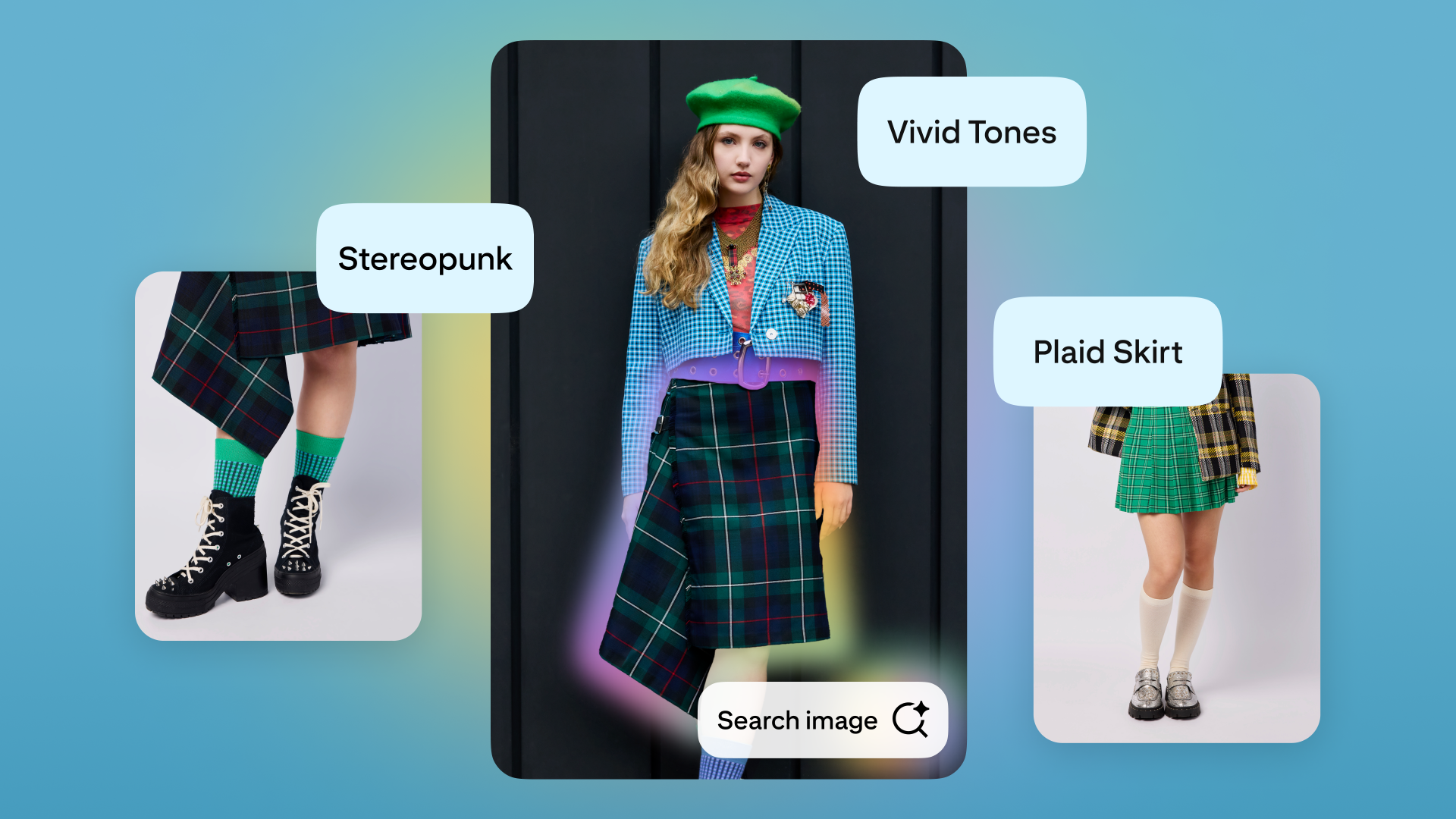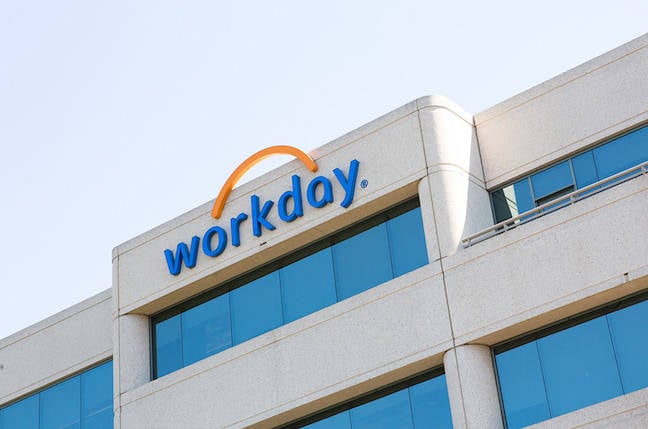Meta forges ahead with facial recognition for its AI glasses
Meta is reportedly reviving its facial recognition project for its AI glasses and is one of many companies leaning more into surveillance tech.


Meet Aperol and Bellini, the codenames Meta has given its new "super-sensing" AI glasses with facial recognition technology, according to The Information.
Meta originally scrapped the facial recognition feature for the first generation of the Ray-Ban Meta AI glasses over ethical concerns. However, the new report from The Information claims that a more business-friendly Federal Trade Commission under the new Trump Administration has emboldened Meta to reboot its plans for the next generation of smart glasses.
It's the latest example of AI-powered tech creeping into your private life, whether you like it or not.
Meta may have signalled this shift back in April, when the company updated its privacy policies for its AR glasses. Meta also sometimes uses facial recognition to verify users' identity.
Now, The Information reports that facial recognition will be part of a live AI feature that will "always keep its cameras and sensors turned on and use AI to remember what its wearer encountered throughout a day." The feature will be opt-in (for the wearer, of course, not for anyone they interact with), but Meta is reportedly considering an indicator that would let people know the super-sensing feature is active. Currently, Meta's AI glasses have a light in the corner of the frame that signals when the glasses are taking a photo or video.
The live AI feature is already available, but it only lasts for about 30 minutes because of battery constraints. The new initiative is exploring how to make this feature last for hours, while adding facial recognition into the mix.
Meta's new focus is one of several instances of tech companies leveraging the AI boom to gather and process more granular data from its users. Recently, Perplexity CEO Aravind Srinivas said on the TBPN podcast that they're building a browser to gather more personalized data about users. OpenAI is reportedly exploring some kind of social network to better compete with Meta AI and xAI's Grok, which can train on data from user posts. And then there's the Sam Altman-backed nonprofit World, which recently unveiled a mobile human verification device that scans people's eyeballs to distinguish humans from AI.
User data can be valuable to advertisers, but it can also be leveraged to improve AI models, since experts say companies are running out of training data (after "sucking the internet dry of usable information," as Nature put it recently).
As companies compete to gather as much data as possible, a concerning trend is becoming clear: privacy is out and surveillance is in.
Disclosure: Ziff Davis, Mashable’s parent company, in April filed a lawsuit against OpenAI, alleging it infringed Ziff Davis copyrights in training and operating its AI systems.













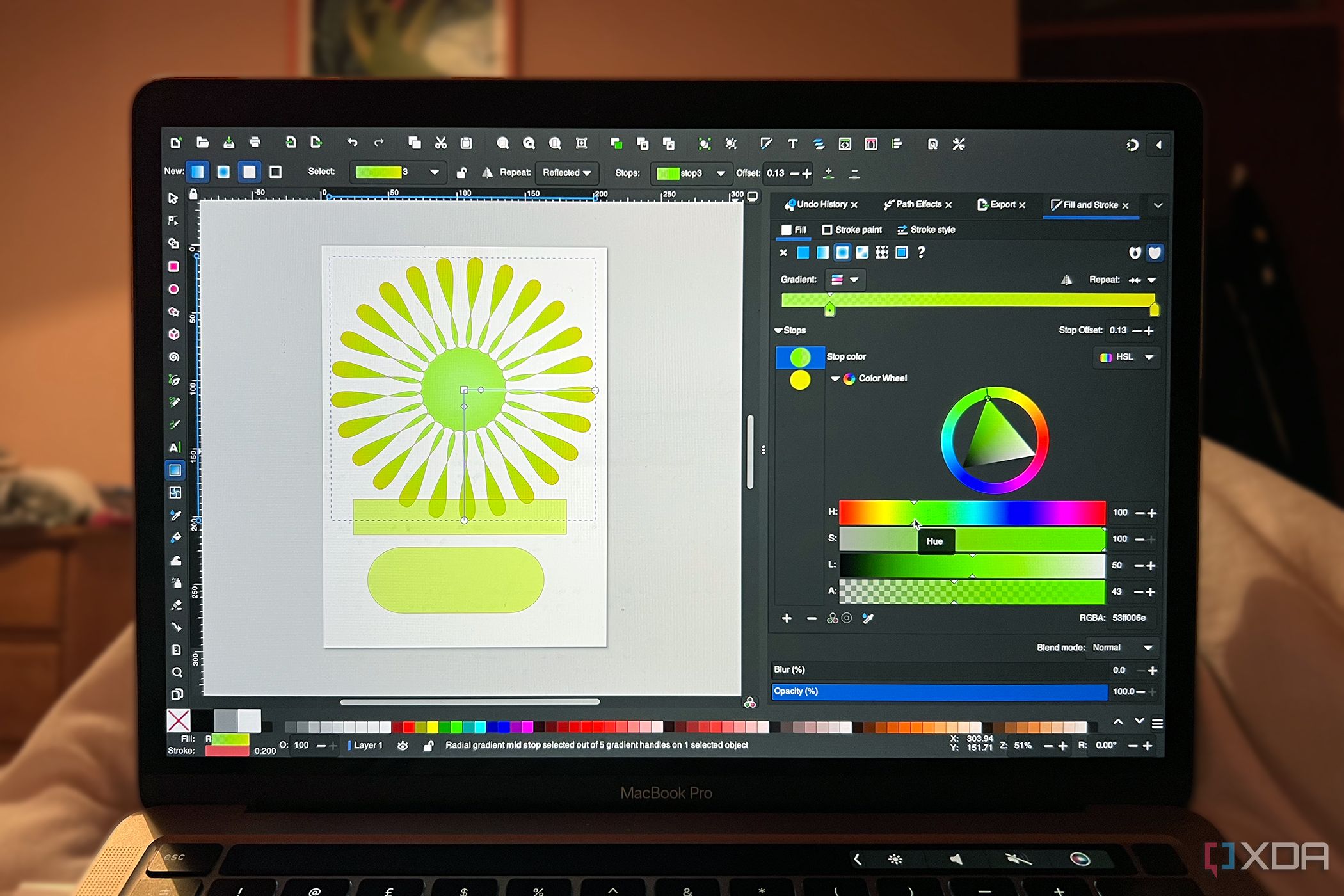





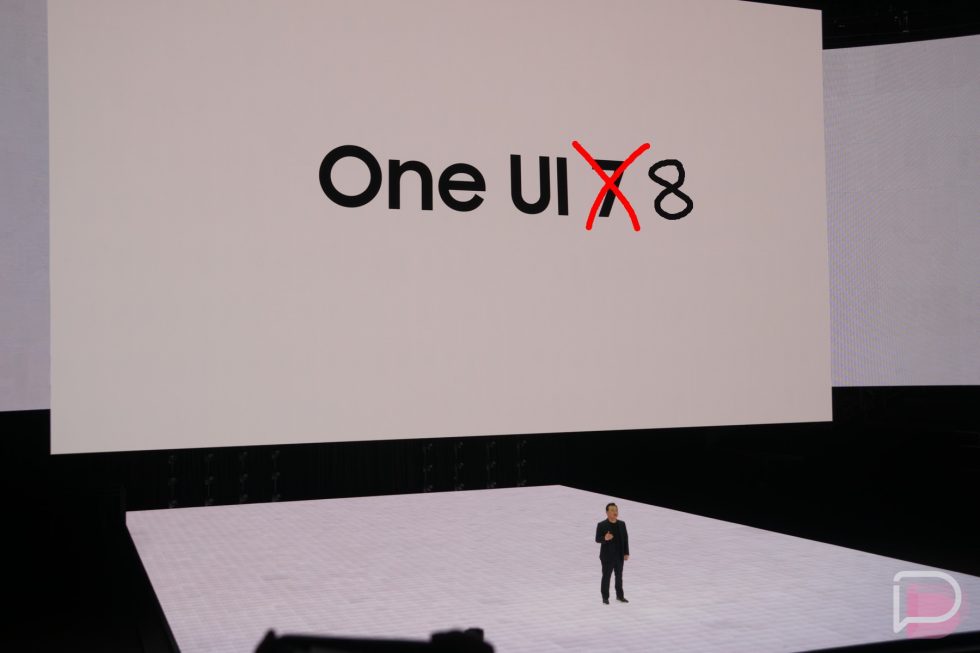


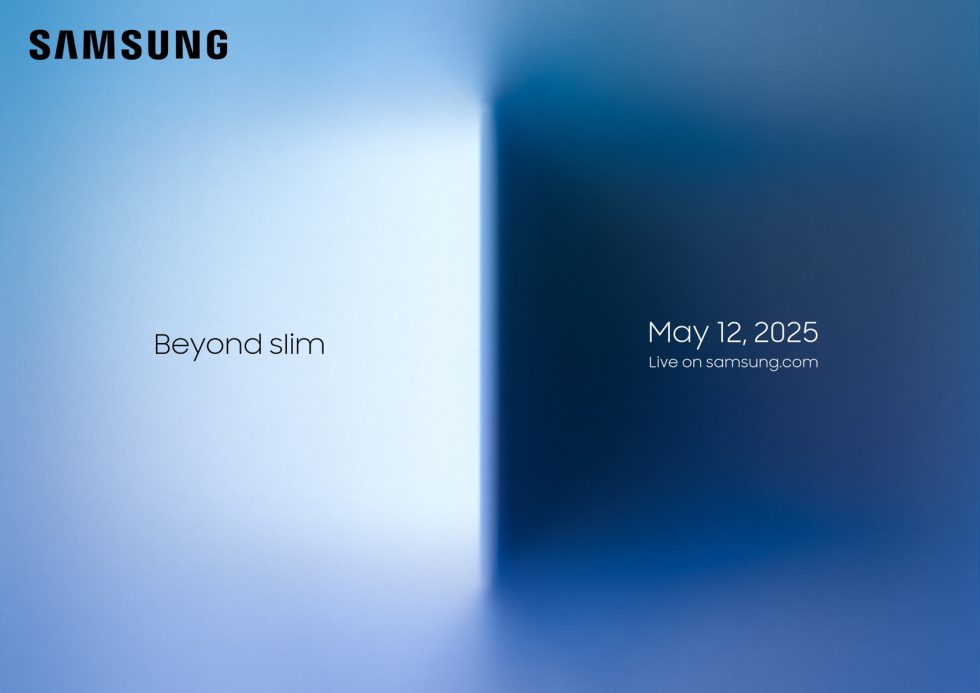















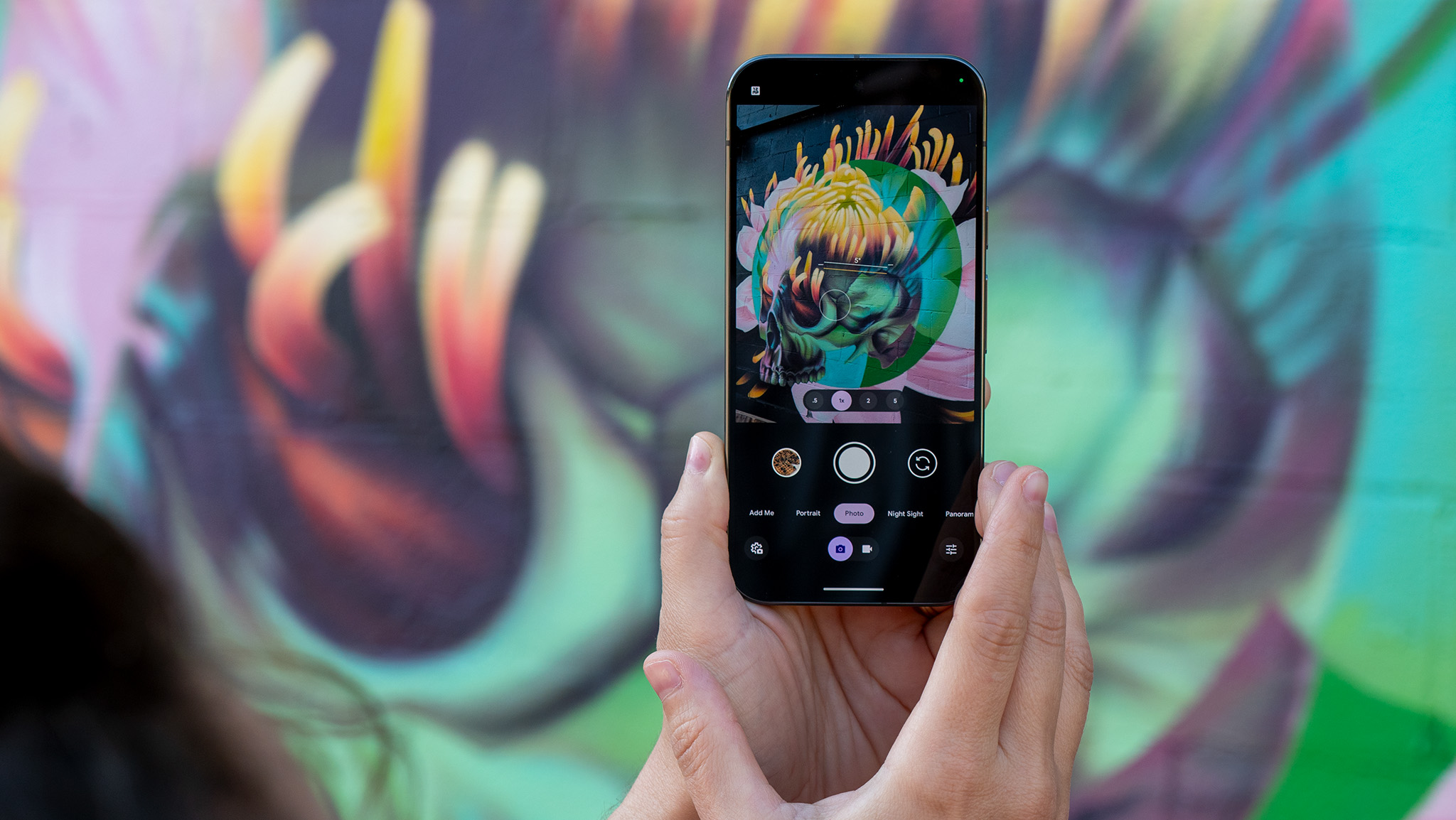
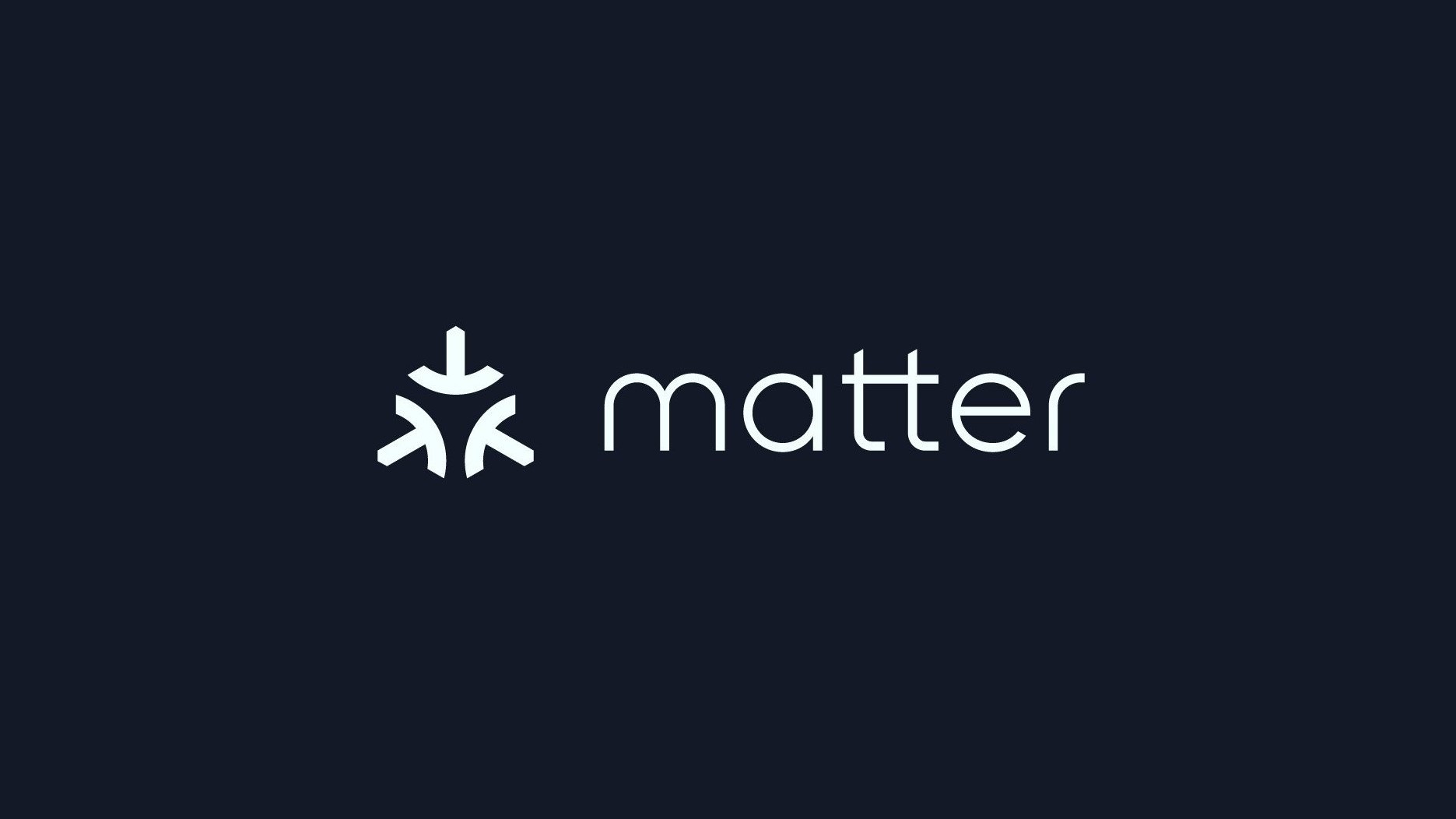


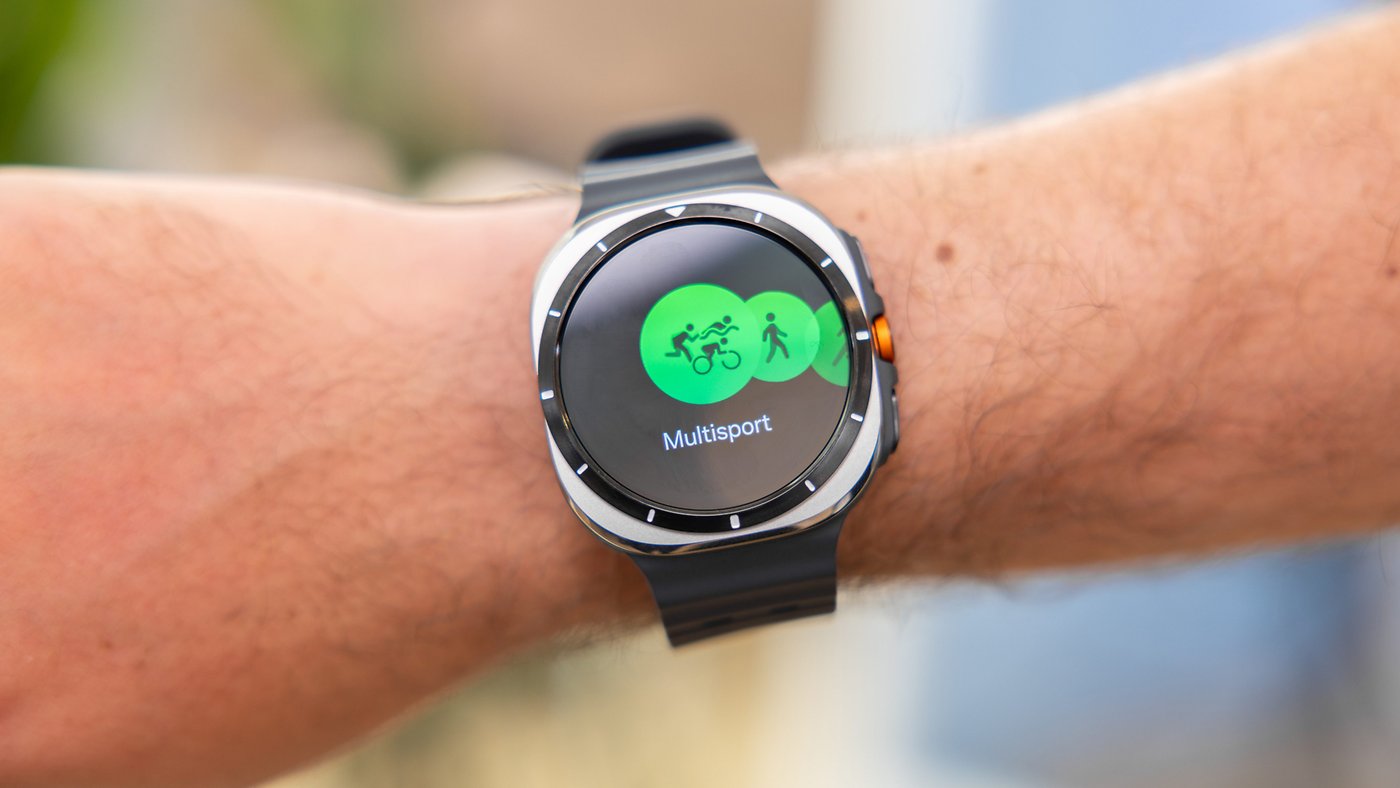

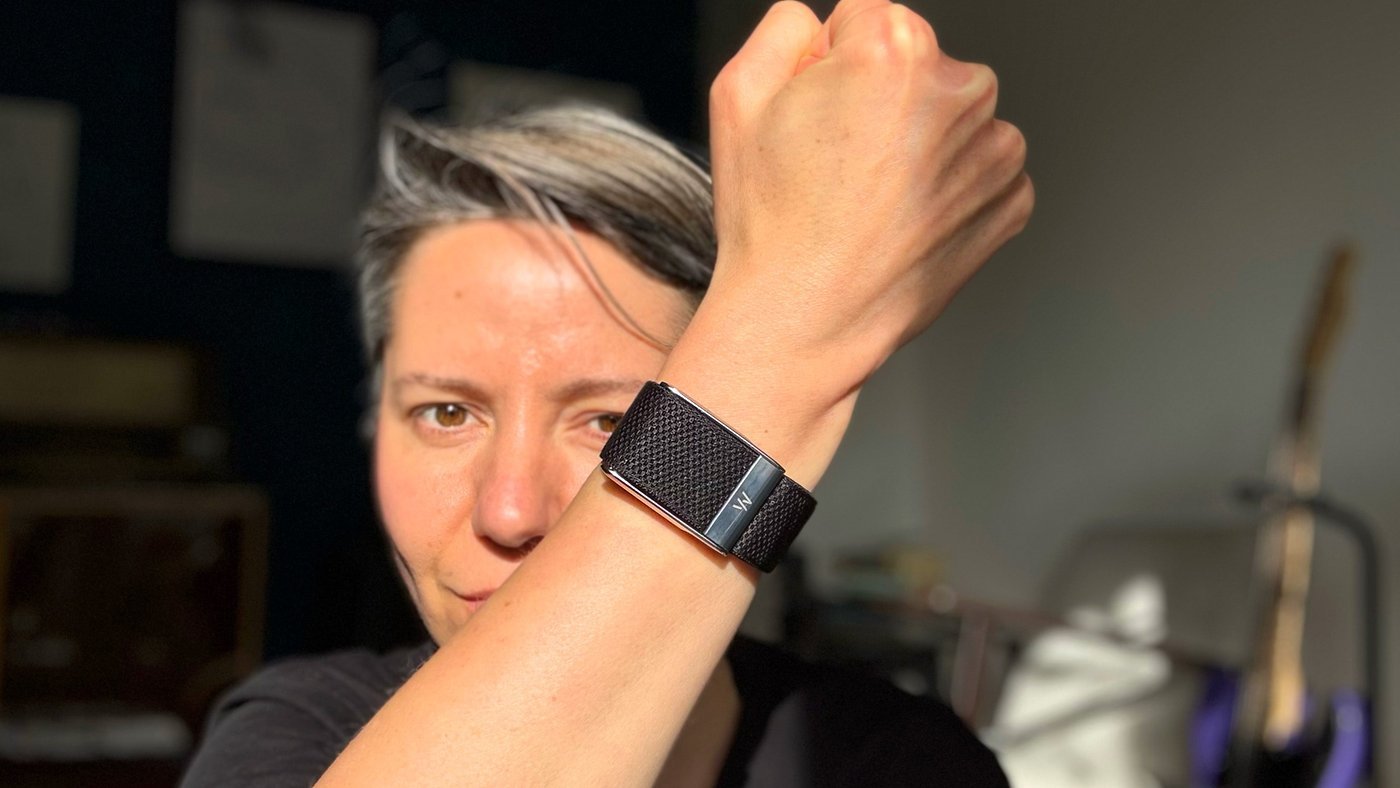


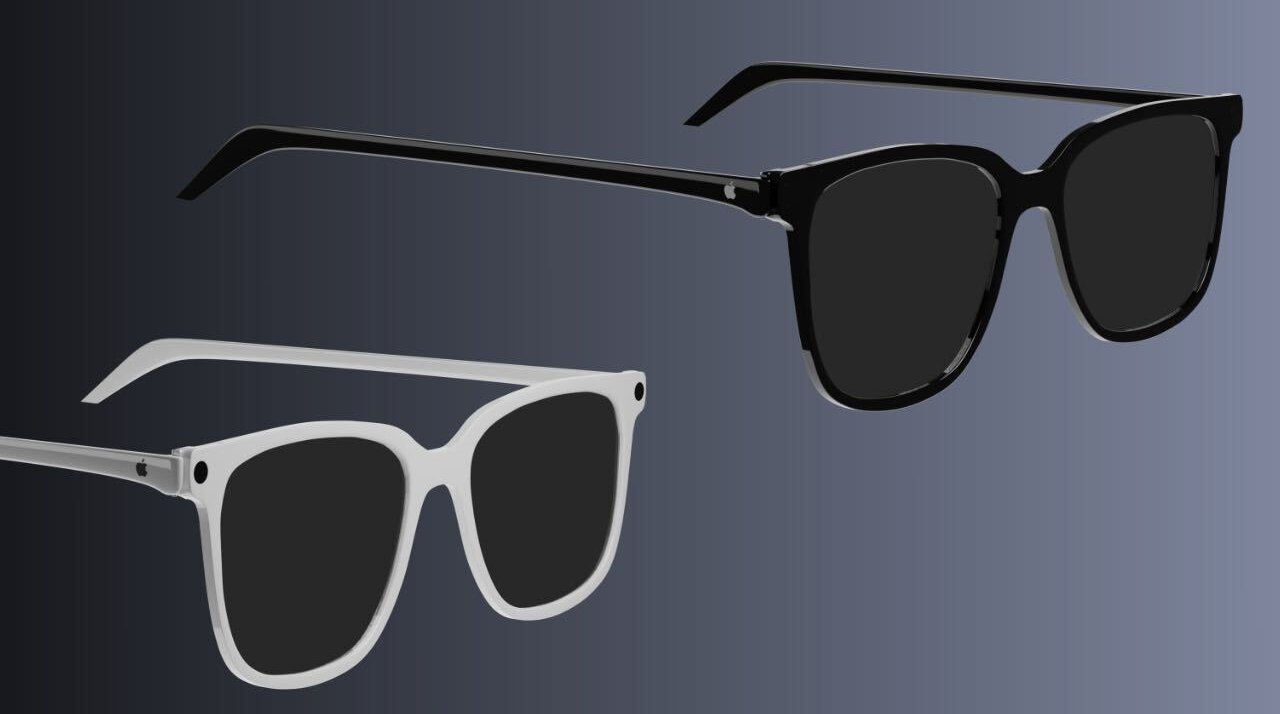
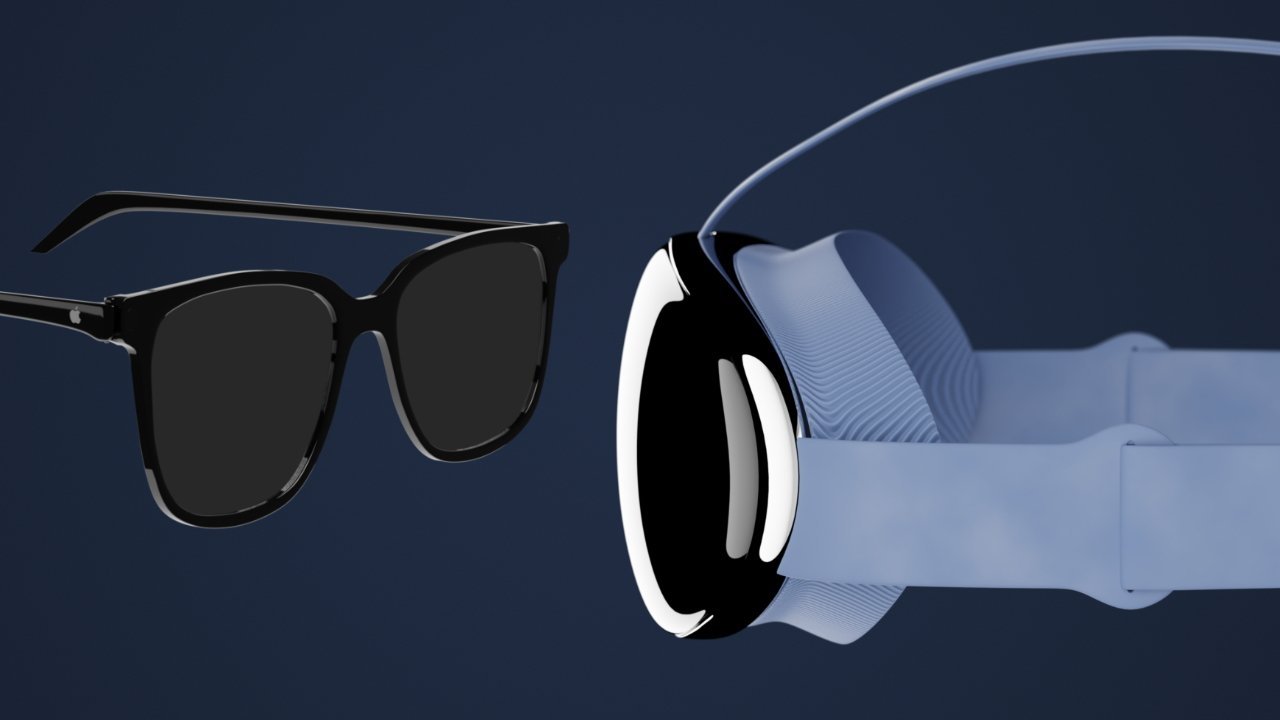






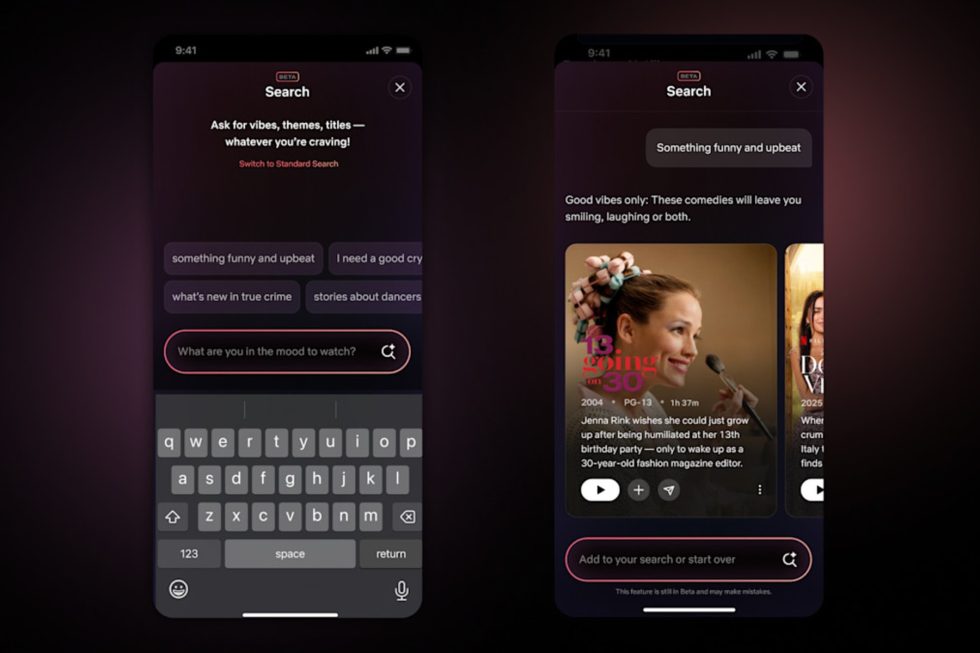
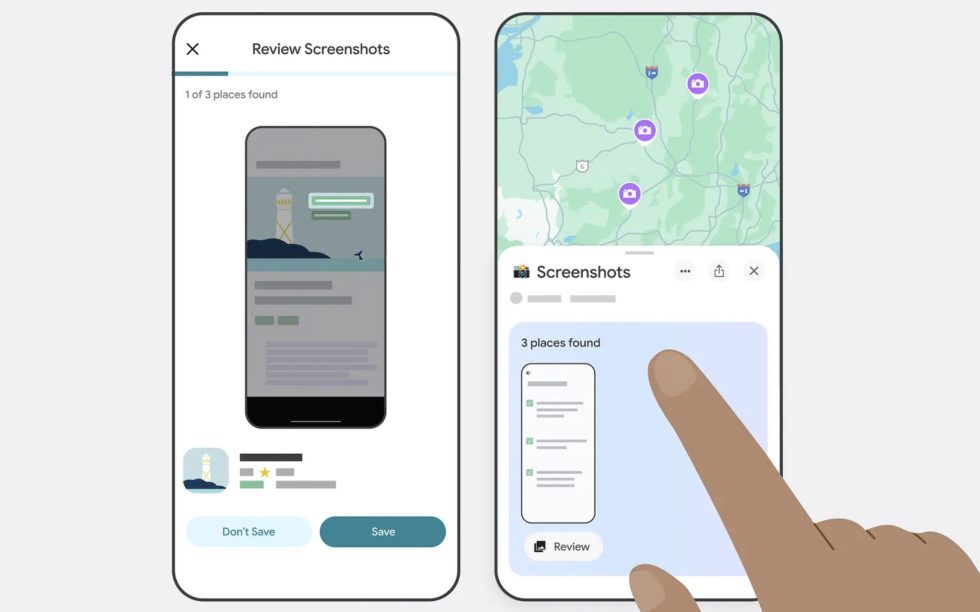
![Instacart’s new Fizz alcohol delivery app is aimed at Gen Z [U]](https://i0.wp.com/9to5mac.com/wp-content/uploads/sites/6/2025/05/Instacarts-new-Fizz-alcohol-delivery-app-is-aimed-at-Gen-Z.jpg?resize=1200%2C628&quality=82&strip=all&ssl=1)


















